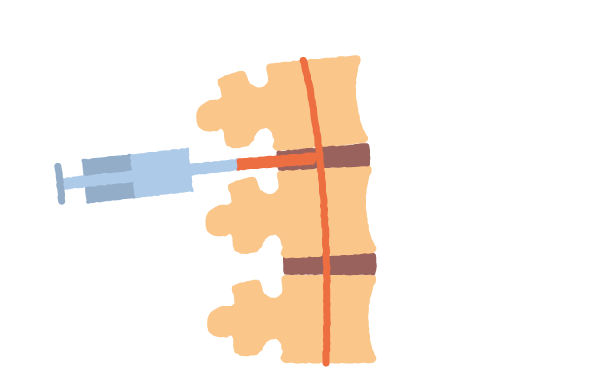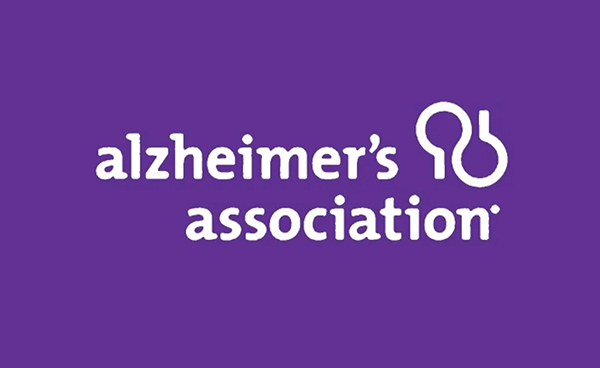Alzheimer’s disease
Learn about Alzheimer’s disease and what we’re
doing to help
Our AD research
Biogen’s specific area of AD research looks at whether investigational drugs may potentially slow the progress of the disease, and help with the memory loss and reduced ability to carry out everyday tasks associated with the disease.
AD is hallmarked by two proteins – amyloid plaques and tau tangles.
The research Biogen is conducting aims to reduce existing protein deposits in the brains of people with early AD in order to potentially slow the progression of the disease.
As part of our ongoing commitment to people living with AD we continue to evaluate the safety and effectiveness of the drugs we’re developing.
What could a Biogen AD trial involve?
Before you join a trial, the study team first confirm your eligibility with some health assessments. Then, if you’re eligible and choose to take part in an AD trial, you’ll need to attend several appointments so that the trial team can closely monitor your health and condition with health assessments, such as:
To assess how well you’re thinking, performing daily activities, and how you’re feeling.
Positron emission tomography (PET) scans use a special dye called a tracer to take pictures of your brain. PET scans can be used to monitor the changes in levels of amyloid beta and tau proteins in the brain.
Magnetic resonance imaging (MRI) scans use a magnetic field and computer-generated radio waves to create detailed images of the organs and tissues in the body, including 3D images that can be viewed from different angles. MRI scans can monitor for potential fluid shifts in the brain that may be a sign of swelling or microbleeds.
Lumbar punctures involve inserting a needle between the bones of the spine in your lower back, in order to take a small amount of cerebrospinal fluid (fluid surrounding the brain and spinal cord). This will be analyzed for the presence of proteins. The trial doctor will discuss any risks associated with this procedure with you, including, but not limited to: headache and back discomfort/pain.
Other assessments will be involved. A full list of these, and all other requirements around taking part in a trial, would be fully discussed with you before you made a decision about whether to join a trial or not.
Depending on the assessments required at each visit, you may be able to complete some of the visits at home or over the phone. However, for some specific visits you may have to travel to the trial site or clinic.
And remember, if you join a clinical trial, there are many rules and regulations in place to protect your rights, safety, welfare and personal data.
What is the role of a caregiver in an AD clinical trial?
Someone who cares for you, for example, a partner, sibling, other family member, close friend, or professional caregiver, may be there to assist. This may be to help you get to and from your appointments and support you throughout the trial. Or, they might be asked to help monitor any changes in your condition and report them to us. Visit our section on caregivers for more information about their role.
How can I get involved?
To find new treatment options for AD, we must first test investigational drugs in clinical trials. But in the same way that diseases like AD can impact groups of people in different ways, how medicine works in the body can also vary for different groups of people. That’s why it’s so important that a diverse group of people take part in clinical trials.
You can learn more about the importance of diversity in clinical trials, and Biogen’s efforts to make an impact, here.
Recruiting Alzheimer’s disease trials:
Click to view full study details including trial locations.
Biogen is also pursuing the development of potential new treatments through collaborations with other companies. You may not find those trials on Biogen Trial Link. To learn more about these collaborations, please visit our pipeline page on biogen.com.



















